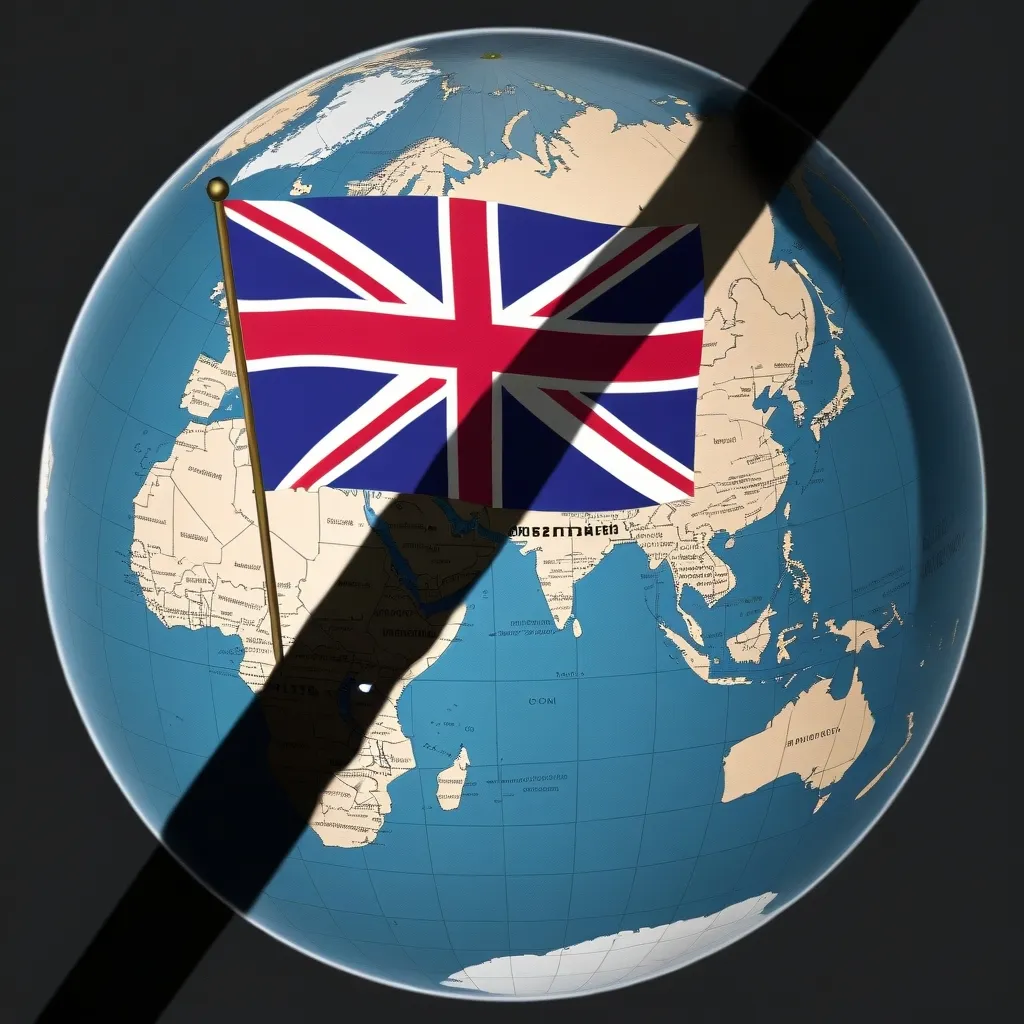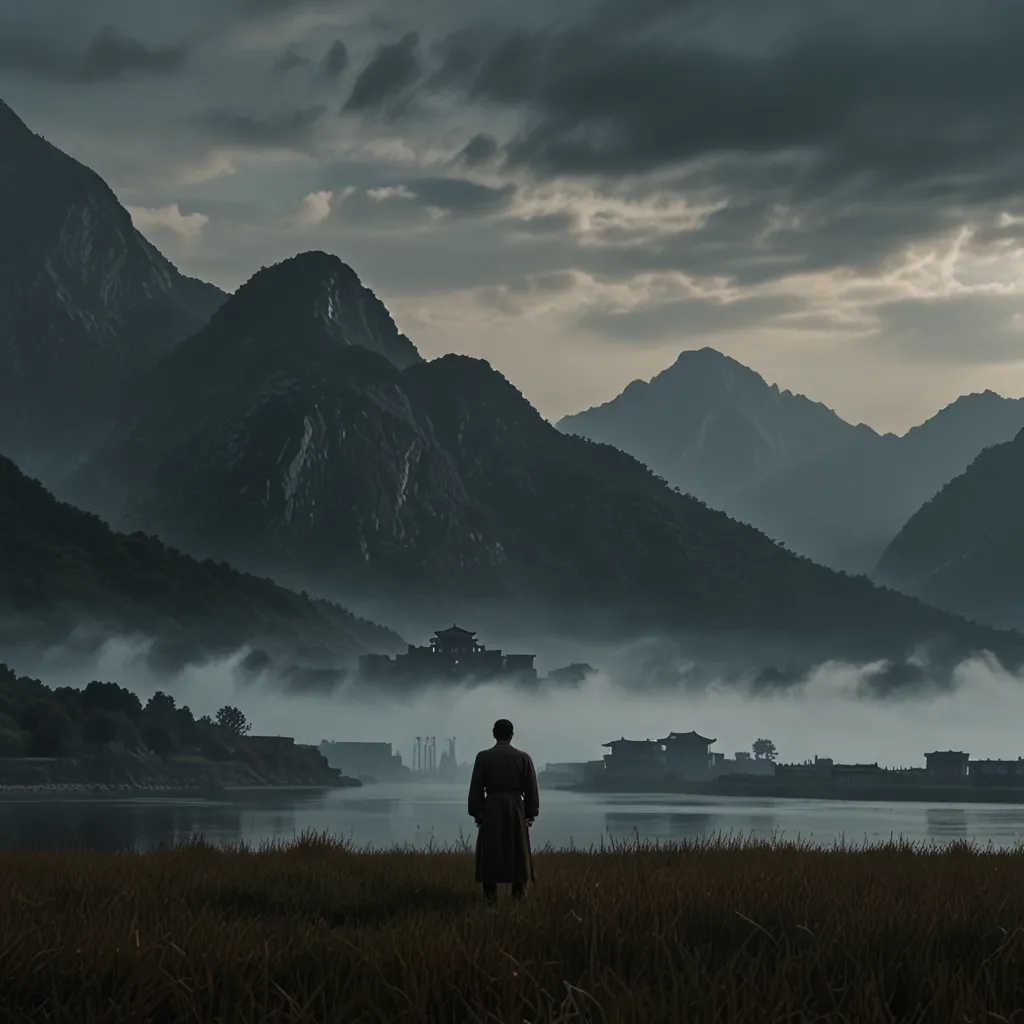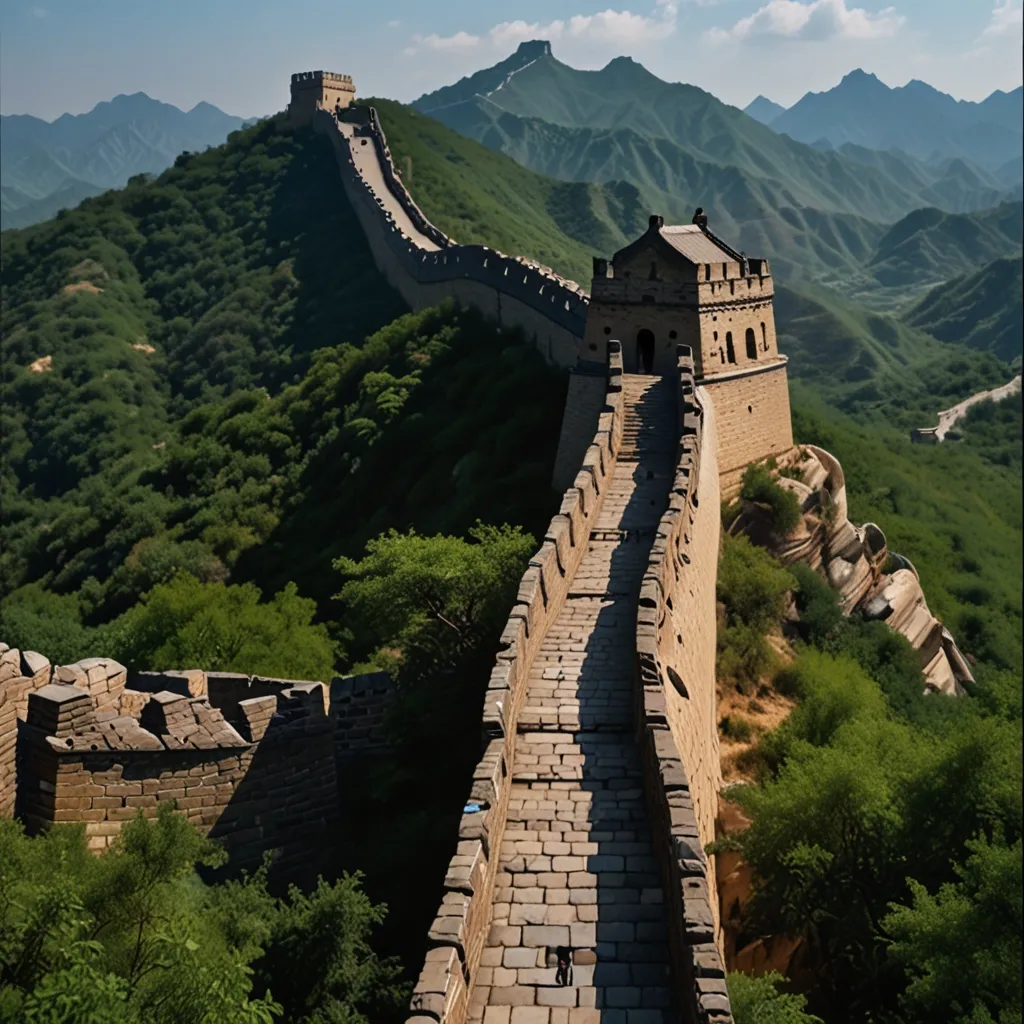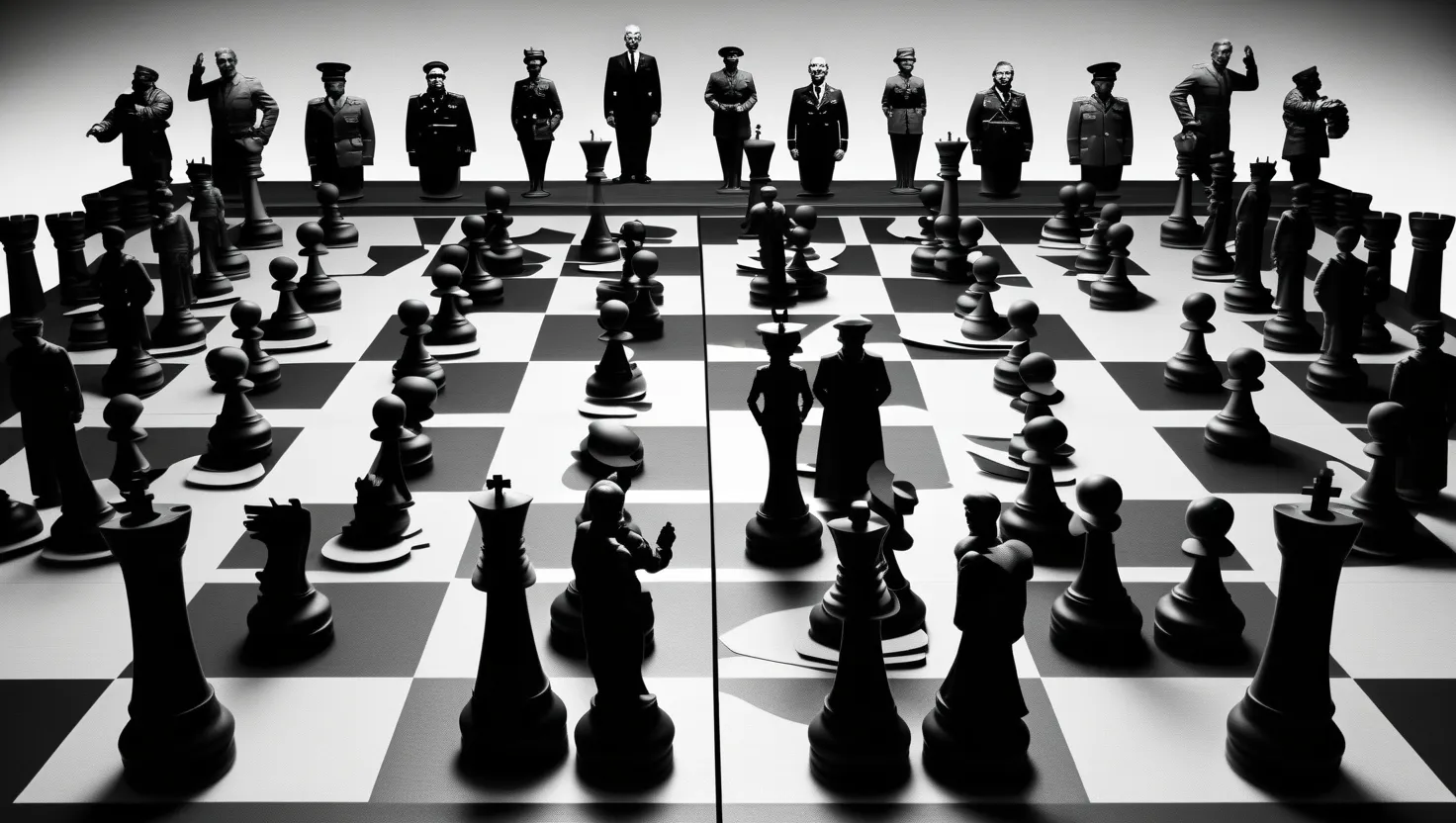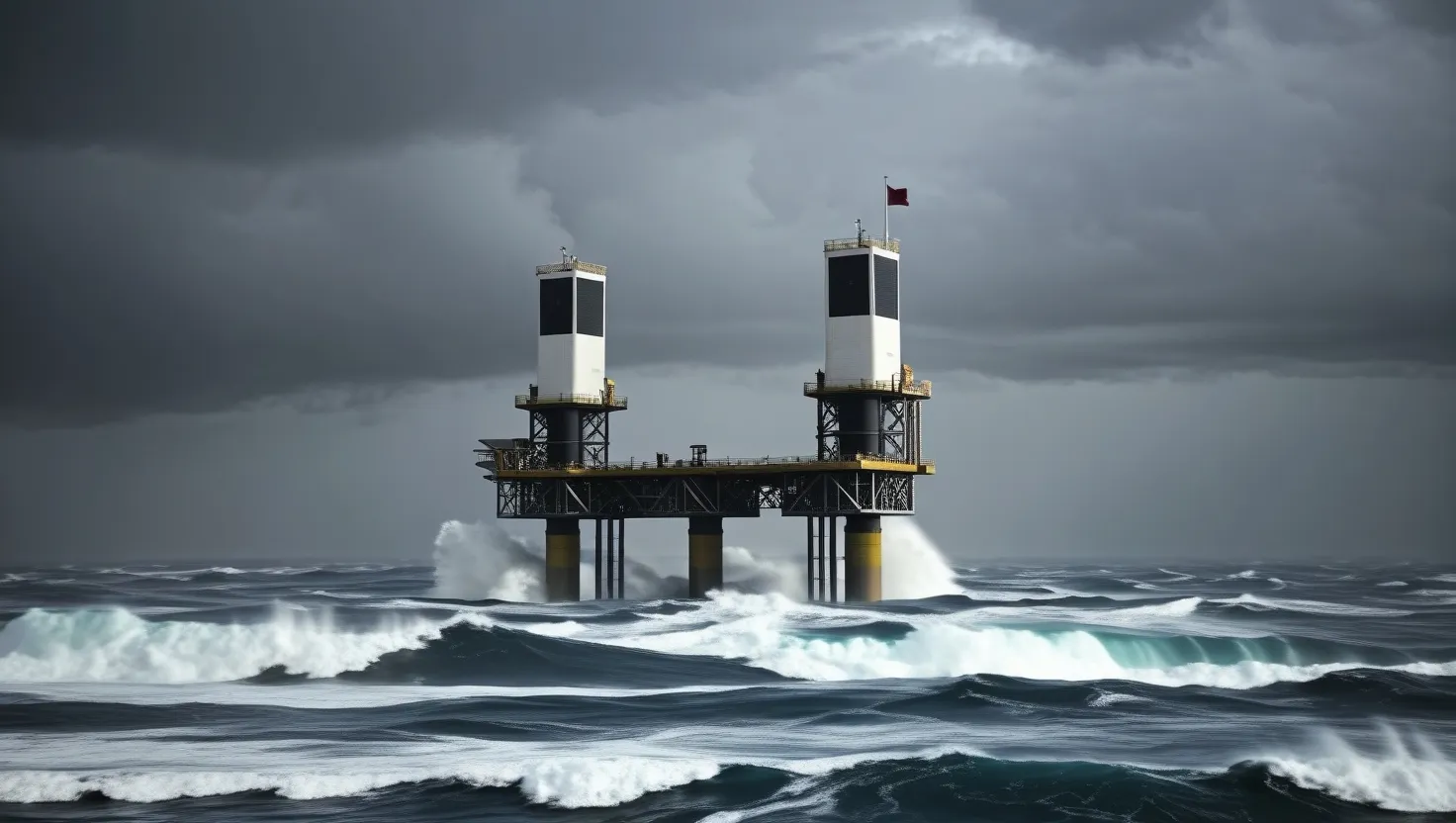The British Empire: A Tale of Global Dominance
Ever wondered what it would be like to rule the world? Well, the British Empire came pretty darn close. We’re talking about an empire so vast that the sun literally never set on it. Yeah, you read that right. There was always a part of the empire basking in daylight, no matter what time it was.
Let’s put this into perspective. At its peak, this empire covered a quarter of the world’s land. That’s huge! We’re not just talking about a few colonies here and there. We’re talking about a massive chunk of the globe under British control. And it wasn’t just about land. The Brits had their fingers in every pie - culture, politics, economics, you name it.
Now, you might be thinking, “Okay, but other empires were big too, right?” Sure, the Mongols and Romans had their moments. But the British Empire? It was playing a whole different game. They weren’t just conquering neighboring lands. They were spreading their influence across oceans, continents, and hemispheres.
Picture this: a small island nation off the coast of Europe becomes a global superpower. Sounds like something out of a movie, doesn’t it? But that’s exactly what happened. The British started small, colonizing parts of America. But they didn’t stop there. Oh no, they were just getting started.
After World War I, the empire hit its peak. They had control over Ireland, parts of Africa, and even some of Germany’s former colonies in Asia and Africa. Talk about world domination!
But here’s the kicker - the British didn’t just conquer through brute force. They were smarter than that. Sometimes they used force, sure. But other times, they relied on threats, negotiations, or cold hard cash. They even had pirates and privateers doing their dirty work sometimes. Talk about thinking outside the box!
Now, let’s talk numbers for a second. According to historian Stuart Laycock, the British had invaded about 90% of the world’s countries at some point. That’s not a typo. 90%. It’s like they had a checklist of countries and were determined to tick off every single one.
But what made the British Empire so special? Why did they succeed where others failed? Well, it’s all about the timing and the tech. The Brits were riding the wave of the Industrial Revolution. They had steam power, telegraphs, and a navy that could reach any corner of the globe. It was like they had cheat codes for world domination.
Take India, for example. Conquering India was no small feat. It wasn’t even a single country back then. But the British managed to bring it all under their control. That’s like herding cats, but on a continental scale.
And it wasn’t just about military might. The British were masters of soft power too. They spread their language, their culture, their way of life. Even today, long after the empire has crumbled, you can see its influence everywhere. Just look at how many people speak English worldwide!
But here’s the thing about empires - they don’t last forever. By the mid-20th century, the British Empire was starting to crumble. Countries were fighting for independence, and the cost of maintaining a global empire was becoming too much. The final curtain fell in 1997 when Hong Kong was handed back to China. It was the end of an era.
But even though the empire is gone, its ghost still haunts the world stage. The Commonwealth of Nations, a group of former British colonies, is still going strong. English is the global language of business and pop culture. And let’s not forget about cricket!
When you really think about it, the story of the British Empire is pretty mind-blowing. It’s a testament to human ambition and ingenuity. I mean, who would have thought that a small, rainy island could end up ruling a quarter of the world? It’s like the ultimate underdog story, except the underdog becomes the top dog.
But it’s not all sunshine and roses. The empire had its dark side too. Colonialism, exploitation, oppression - these are all part of the legacy too. It’s a reminder that power, no matter how vast, comes with responsibility.
In many ways, the British Empire was like the world’s first global corporation. They had their brand (the Union Jack), their product (British culture and governance), and they were expanding into new markets all the time. They were pioneers of globalization before it was even a word.
And let’s talk about those trade routes for a second. The British didn’t just conquer lands; they connected them. They created a global network of trade that laid the foundation for our modern, interconnected world. In a way, they were the original influencers, spreading their culture and ideas across the globe.
But here’s a thought - could something like the British Empire happen again today? It’s hard to imagine in our interconnected, digital world. But then again, who knows what the future holds? Maybe the next empire won’t be based on land and military might, but on data and digital influence.
The legacy of the British Empire is complex and often controversial. On one hand, it brought technological advancements, education, and infrastructure to many parts of the world. On the other hand, it also brought exploitation, cultural erasure, and long-lasting social and economic inequalities.
Today, we can see the echoes of the empire in unexpected places. The popularity of tea in India, the prevalence of cricket in the Caribbean, the English-style education systems in many former colonies - these are all remnants of British influence.
And let’s not forget about the linguistic legacy. English isn’t just a language anymore; it’s a global phenomenon. From Hollywood movies to international business meetings, English is everywhere. It’s the language of the internet, of science, of diplomacy. In a way, the sun still never sets on the English language.
But perhaps the most enduring legacy of the British Empire is the idea of global interconnectedness. For better or worse, the empire showed that it was possible to create a truly global system. Today’s international organizations, from the United Nations to the World Trade Organization, owe something to this idea.
The story of the British Empire is also a story of adaptation. The British didn’t just conquer; they learned. They absorbed ideas, technologies, and customs from the lands they ruled. This ability to adapt and evolve was key to their success and longevity.
In the end, the British Empire was more than just a collection of colonies. It was a global phenomenon that reshaped the world. Its influence can be seen in everything from international borders to the food we eat. It’s a reminder of the incredible impact that human ambition and ingenuity can have on the world.
So, the next time you sip a cup of tea, play a game of cricket, or use an English word, remember - you’re experiencing a small piece of what was once the largest empire in history. The British Empire may be gone, but its legacy lives on, shaping our world in ways we’re still discovering.
In conclusion, the British Empire stands as a testament to human ambition, innovation, and the complexities of power on a global scale. Its story is one of remarkable achievement and sobering caution, a narrative that continues to resonate in our increasingly interconnected world. As we navigate the challenges of the 21st century, the lessons of the British Empire - both its triumphs and its failures - offer valuable insights into the nature of global influence and the responsibilities that come with it.
